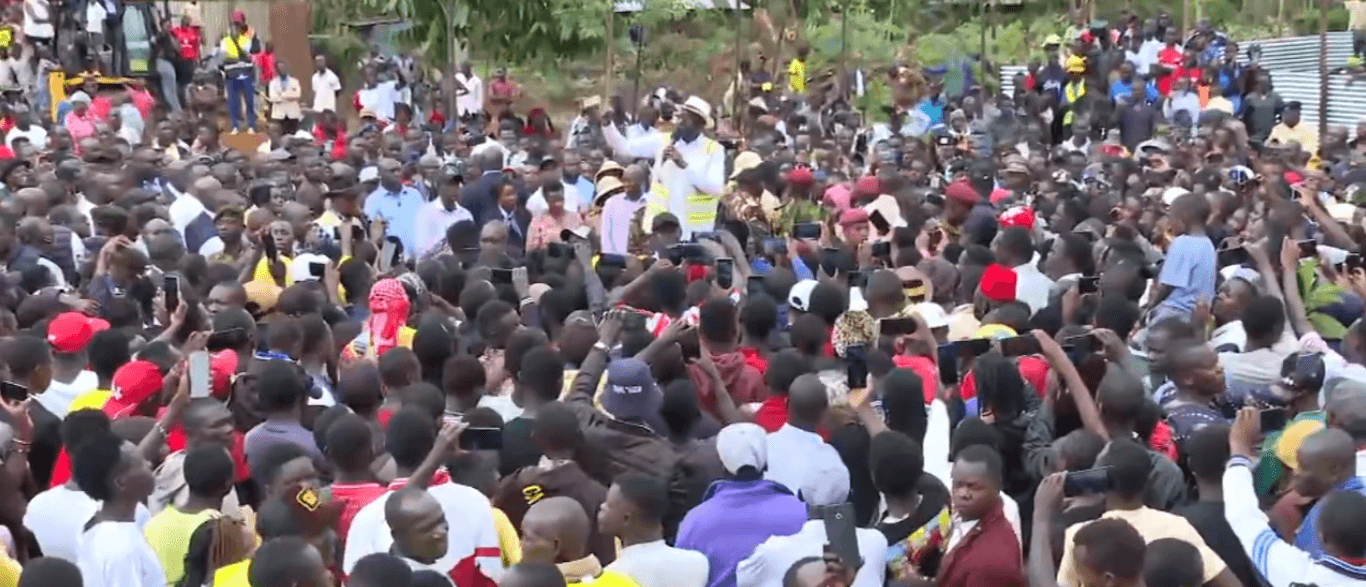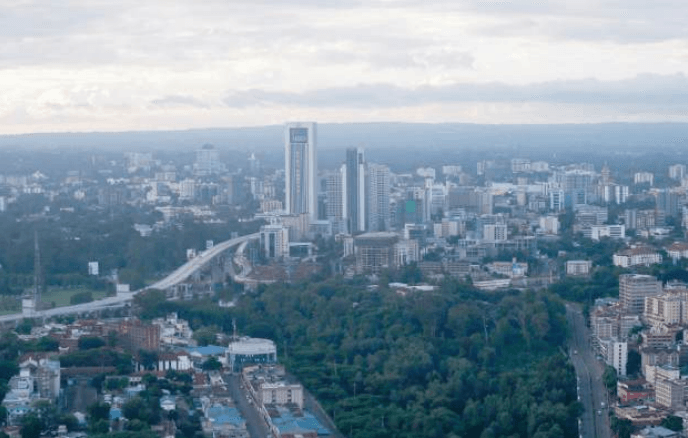MPs have launched a probe into the economic feasibility of each of the Special Economic Zone (SEZ) gazetted since 2015.
Mbeere North MP Geoffrey Ruku wants the Departmental Committee on Finance and National Planning to further establish the identities of SEZs and beneficial owners.
“Could the chairperson provide a status report on the amount of land leased out or sold in each Special Economic Zone, the identities of the purchasers/lessors and whether the said purchasers or lessors have invested in the respective Special Economic Zones,” posed Ruku.
The lawmaker, who is seeking a statement from the committee, said SEZs are characterized by low productivity which has made their impact indemonstrable.
A special economic zone is an area in which the business and trade laws are different from the rest of the country.
SEZs are located within a country's national borders, and their aims include increasing trade balance, employment, increased investment, job creation and effective administration.
Ruku further wants the committee to establish the number and types of jobs created for Kenyans by each of the zones.
“What quantum of exemptions and waivers have been extended to each Economic Zone developer, operator, and enterprise in respect of corporation tax, withholding taxes, Value Added Tax (VAT), including VAT on imports and Import Duties for each year, since 2015?” he posed.
He also wants the National Treasury, the Kenya Revenue Authority, and the SEZ Authority to state measures put in place to forestall abuse of the SEZ scheme.
The Special Economic Zones Act, 2015 was enacted to provide a framework for the establishment of Special Economic Zones.
Since the enactment of the Act, over 35 Special Economic Zones have been gazetted.
Ruku noted that despite the large sum of gazetted zones and massive tax incentives that they claim annually, the number of SEZ investors in the country seems to be incommensurate.
“Further, the SEZ Authority website shows that only three of the gazetted SEZs are public, while the rest are private. The foregoing state of affairs could be pointers to a likelihood of a compromised integrity of the Special Economic Zones,” he stated.
“This could particularly be exploited by unscrupulous land dealers purportedly selling the land within SEZs without paying taxes and duties to woo unsuspecting Kenyans and investors into economic exploitation without any economic benefits.”











